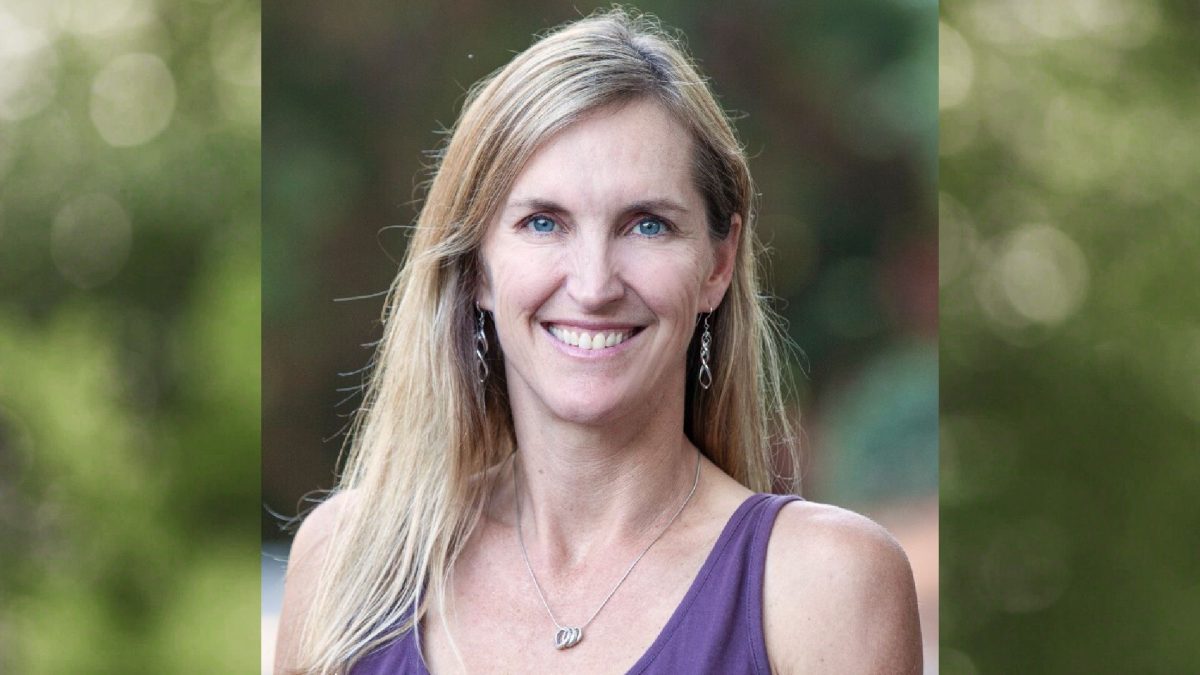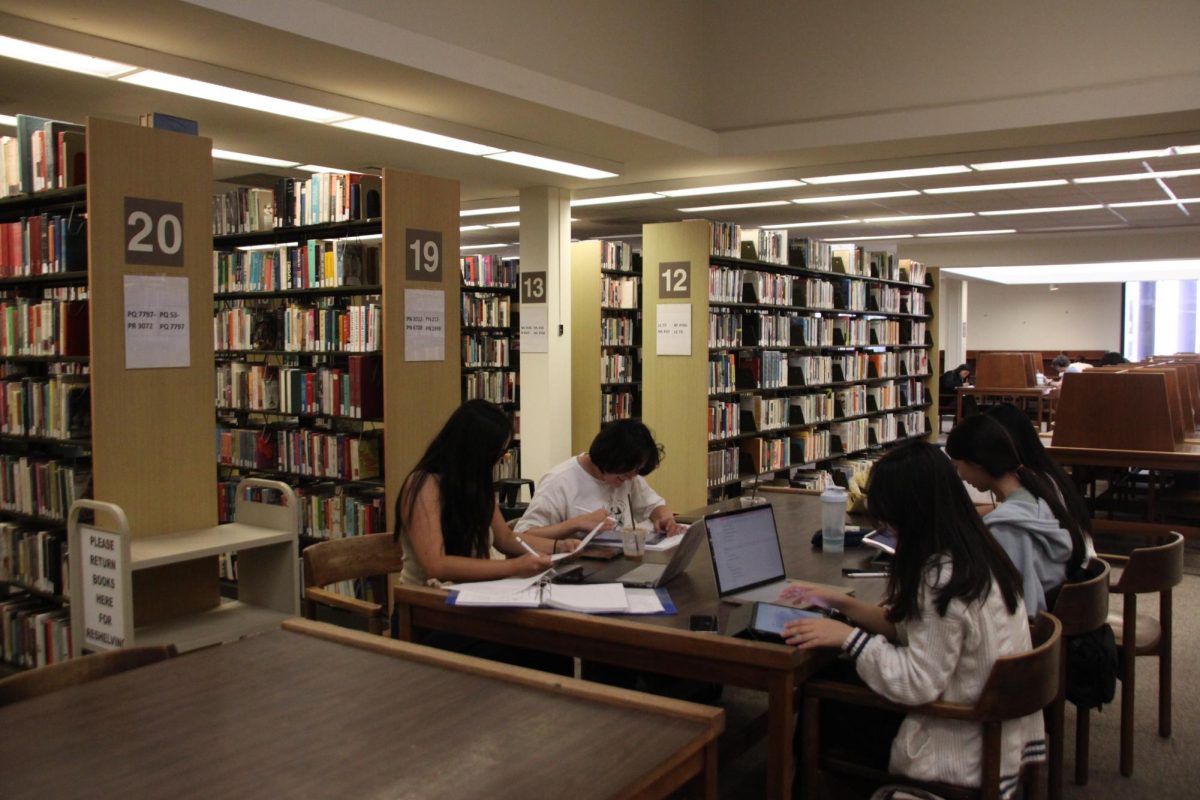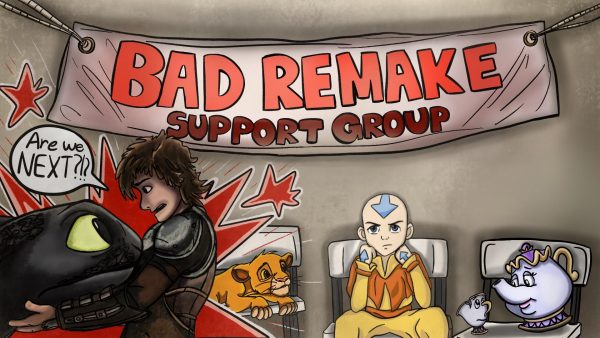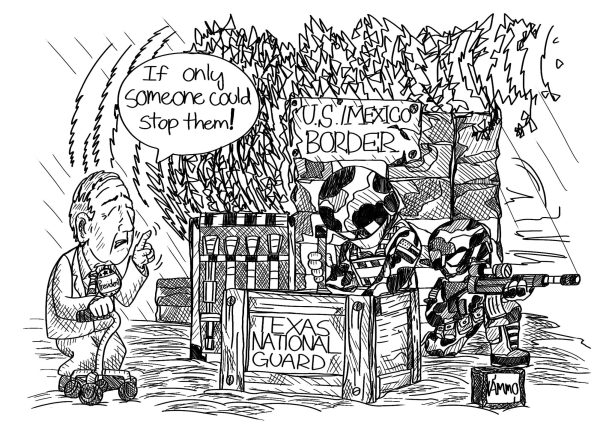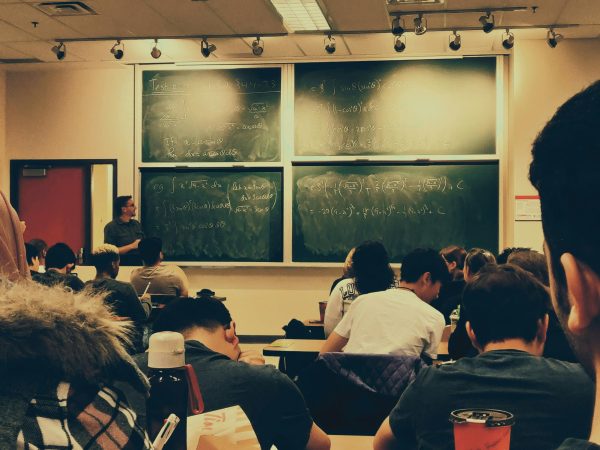Education is key to ending racism
April 29, 2014
As the musical “Avenue Q” puts it: “Everyone’s a little racist.”
On April 13, three individuals were murdered in a hate crime, which targeted a Jewish retirement community.
These grievous and heinous acts committed ring true that extreme racism still exists in our society.
Thus the question arises, how do we sift through the complex levels of freedom of speech, mental health, gun regulation and a billion other problems that surround this latest hate crime?
The answer is this: there is not a comprehensive answer, no fill-in-the-bubble option that can reverse these actions and the tragedies to come.
It is easy to call for restrictions on the freedom of speech, but it isn’t legal to sift through every spoken word to find malcontent in its most malicious form.
We can call for legal action against groups that actively integrate hate into their identities and lives, but we are all offenders of some form of prejudice.
There is no clear cut answer to this occasional reminder that within our society, there still exist serious flaws.
Marcus Aurelius famously dictated that, “Everything that exists is in a manner the seed of that which will be.”
The things we see in our society are what we allow to exist in our society.
According to the Southern Poverty Law Center, there are 939 active hate groups inside the United States. That is 939 more than we should have.
But to wage a war against these groups of people is wrong. All people are entitled to their ideas, regardless of how much rational people may disagree with the haters.
What could be proposed is gentle moderation.
Isolationist thinking is what abandons hope from action. “We are we, and they are they” is not an idea that should exist.
Though a large number of people may ignore the racist messages that breach our safe perimeters from time to time, we must remove that perimeter and enter into the world.
Education is often talked about as the tool for enlightenment, and this might be the perfect chance for it to live up to that reputation.
Curriculum in primary and secondary schools should spend more time educating students about the ideas of racism; not simply to hate it, but to understand it, and learn to know it is a wrong idea.
In this format, we change the earth beneath our feet by rototilling the seeds for growth and chance of change. Weeds grow when the garden is not managed.
The government must also work to counter these ideas. A more moderated and active message sent out often than the occasional butting of heads between law enforcement and dangerously armed individuals is by far a more legitimate use of power.
Disregard the “That Government is best which governs least” pathology, and realize that even in the least capacity to which the people wish their government to have power, civil governance needs to take first place for the betterment of society.
We do not need a backed-up Congress to foul things up. We need an active Congress that can engage in discussion rather than rhetoric.
This is only a single issue that has breached the public’s gaze once again. There will be others, likewise in tragedy.
However, change starts at home. Write your congressmen; voice yourself electronically; do something! Don’t wait around for the T.V. to tell you about the latest flaming bag of dog poop on the American porch.






















